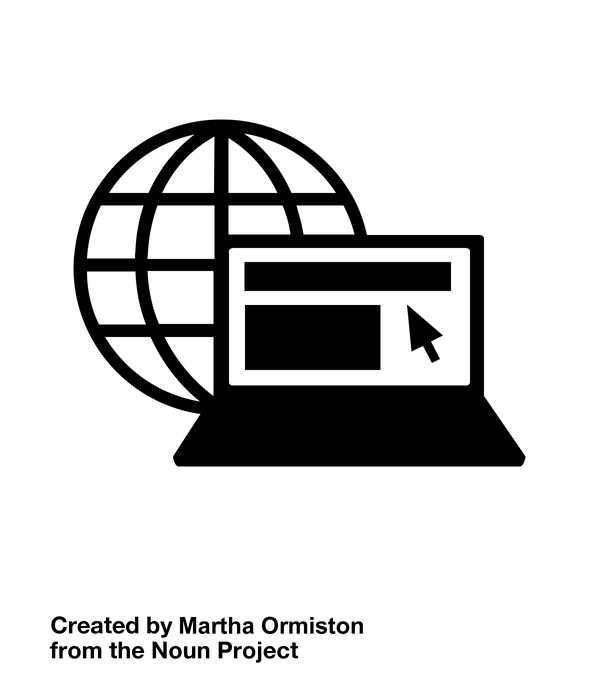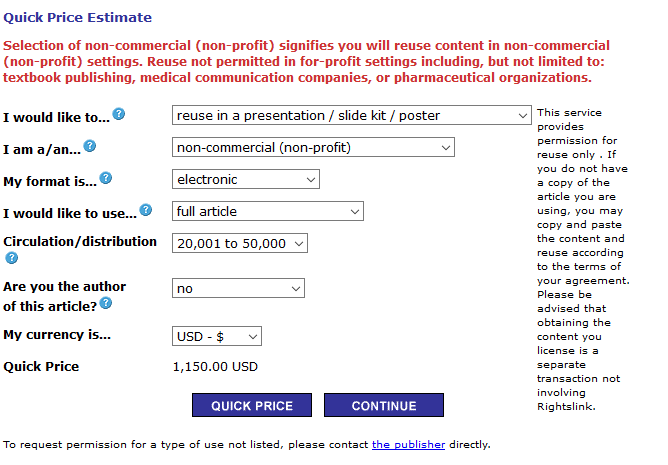"Open and Copyright" by Gwen Franck is licensed under a Creative Commons Attribution 4.0 International License, except otherwise noted.


"Caution Tape" by Eugene Zemlyanskiy on Flickr CC BY
I am not a lawyer ... (not even a researcher )
Existing copyright regulation is not adapted to the reality of research practice in 2015



- multiple authors in different countries
- multiple jurisdictions
- data mining
- crowd sourced science
- various Open Access policies
- Wikipedia ...
- social media
- translations
- civil society
- ...

You don't need to be a copyright expert to know that the current system has it flaws


"All rights reserved"

"Open Means Never Having to Say You're Sorry" by Alan Levine on Flickr CC BY-SA
Research does no longer exclusively happen behind university walls



All icons found on The Noun Project






And Civil Society has an
interest as well!





All icons found on The Noun Project




Alll research is meant to be consulted, reused, reproduced and built upon




"No access" by Lukas Benc on Flickr, CC BY-ND



A Creative Commons license (or public domain tool) is universally recognisable, juridically sound, easily applicable and leaves the user in no doubt about the intentions of the author.
- access
- attribution
- re-use
- modification
- commercial use
When you apply a CC license to your work, others can build upon your work, on your conditions ...





... without fear of violating your author rights.

"I am so confused" by Ian Sane on Flickr CC BY 2.0
Using a Creative Commons license makes it easy for you to determine what can be done with your work provides clarity for users -
in one click
Avoid Copyright Confusion
Creative Commons licenses are free, easy-to-use copyright licenses providing a simple, standardized way to give the public permission to share and use your creative work — on conditions of your choice. CC licenses let you easily change your copyright terms from the default of “all rights reserved” to “some rights reserved.”

In a world with fair copyright laws, Creative Commons would be superfluous

Never heard of Creative Commons?

Almost 100 volunteer teams worldwide develop these licenses !
Picture by CCKorea, CC BY on Flickr

And we expect to hit the 1 billion mark this year
CC is ...
- 6 licenses + 2 public domain tools
- a simplification of copyright rules
- an organisation based on volunteer work by advocates and 'open' activists
- aiming to grow 'the commons'
- "a patch for broken copyright"
- in favour of copyright reform
CC is not ...
- an alternative for copyright
- a rightsholder organisation
- a search engine
- a law firm
- a bunch of crazy open access fundamentalists :)

"Some rights reserved"

(A sidenote on the Public Domain)
- (c) has expired
- (c) has been forfeited
- (c) has never been applicable
- timing can vary per jurisdiction
- PD works can be consulted, reused, remixed, adapted without permission or attribution (there is no (c) holder)
- Derivatives can be protected by (c)





Publiek Domein - The Commons





4 building blocks










-
You are free to:
-
Share — copy and redistribute the material in any medium or format
-
Adapt — remix, transform, and build upon the material
-
for any purpose, even commercially
-
-
Under the following terms:
-
Attribution — You must give appropriate credit, provide a link to the license, and indicate if changes were made
-
You may do so in any reasonable manner, but not in any way that suggests the licensor endorses you or your use.
-

- Same conditions as CC BY, plus:
-
ShareAlike — If you remix, transform, or build upon the material, you must distribute your contributions under the same license as the original.
-

-
Same conditions as CC BY, plus:
- NonCommercial — You may not use the material for commercial purposes

-
Same conditions as CC BY, plus:
- NoDerivatives — If you remix, transform, or build upon the material, you may not distribute the modified material.

Don't forget:
Two additional legal tools






Make sure the license you use allows for the re-use you want!
License chooser

Image by Aston University - licensed under a CC BY 4.0 license

How does it work?


Three layers:
- Machine Readable
- Human Readable
- Legal Code

Legal Code

- juridical basis
- "version 4.0"
- created by CC Legal Team + input from communities worldwide
- available in your language
- universally applicable
Human Readable
- summary or 'deed'
- this is what you link to
- available in your language

Machine Readable
- make it easy for "the Web" to know when a work is available under a Creative Commons license

Adding a CC license to your work




Keep in mind when licensing your work:
Finding CC licensed content

Citing CC licensed content
a little common sense goes a long way!
- attribution (BY) is obligatory: name of the author and name of the work (if available)
- link to the original source
- mention if the work has been adapted
- state the license under which the material is available, and link to it
- when in doubt: contact the author

- @g_fra
- gwen@creativecommons.org
- https://slides.com/gwen/openandc
"Open and copyright" by Gwen Franck is licensed under a Creative Commons Attribution 4.0 International License, except otherwise noted.
Thank you!
"Open" and copyright
By gwen
"Open" and copyright
Open Access Week 2015 - "Open for Collaboration" 21-22 October 2015 - Brussels Research impact through Open Access: explore new opportunities http://www.bicfb.be/htm/oaweek.php
- 4,520












